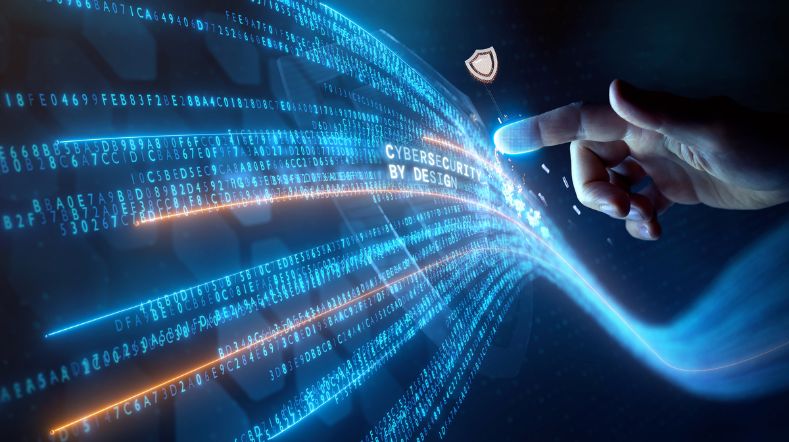
Time setter story: Working on reliable AI
Friso Heslinga is a computer vision scientist in the Intelligent Imaging department at TNO. His research helps make AI models reliable, even when there is little data available for learning. This is why he is one of the nominees for TNO’s Young Excellent Researcher award.
Friso Heslinga conducts research on the use of AI to make the best possible decisions. ‘I develop AI models that can automatically assess photo and video images. Cameras, satellites, self-driving cars, hospitals, businesses – we are capturing more and more images, sometimes 24/7. Interpreting all those photos and videos is almost impossible without AI.’
Learning from examples
The more information AI can interpret, the better and faster people can make decisions. ‘An AI model learns from examples, which we call a data-driven approach. This way, the model learns to detect anomalies on its own.’
From diagnosing diseases to a car recognising its surroundings, image analysis with AI can add value in various ways. During his PhD, Friso focused on medical image analysis, including supporting corneal transplants. Additionally, Friso developed AI for the analysis of retinal images, a subject where TNO has also made significant strides.

‘More reliable AI can help people make decisions faster and better.’
When data is lacking
How do you train an AI model to recognise something when there are hardly any relevant images and videos available? To solve this, Friso is exploring several possibilities at TNO, one of which is supplementing real data with synthetic data. ‘Synthetic data is data we create ourselves using 3D simulation software. Recently, we have also been creating this data with generative AI. For example we make existing synthetic datasets even more realistic or add more variation so that the AI model learns to recognise small differences.’

'How do you train an AI model to recognise something when there are hardly any relevant images and videos available?'
Trusting AI
People need to be able to trust the AI models that support them. This is a major challenge, Friso explains. ‘People are very good at generalising. Once they have seen a few examples, they can apply their knowledge to new situations, even if they look quite different. Generalising is a big challenge for AI models, especially if they are trained with synthetic data. We still need to improve our simulations and AI models. The rise of generative AI offers enormous opportunities, for example, by making already simulated images extra realistic. Or even better, by directly converting a textual description into a realistic image.’
Accelerating change
AI models were partly inspired by the neural networks of the human brain. Many steps have since been taken in terms of model architectures and training methods. Friso: ‘The technology and speed of developments continue to fascinate me. AI can combine more and more different tasks. This is already changing how we work, and these changes will soon accelerate even further. The impact of AI will be very significant, in all aspects of our lives ultimately. Being able to contribute to this is what make my work really cool.’
Become a time setter at TNO?
‘At TNO, I can continue my academic career while being close to clients and practical applications. I also find the fantastic team here a real added value: I work with many experts in AI and computer vision and can quickly make connections with various other research fields.’
Want to join TNO, just like Friso?
Young Excellent Researchers at TNO
TNO is proud of its talented researchers, which is why we organise the Young Excellent Researcher award every year. Friso Heslinga was one of the four finalists.
Vincent Zoutenbier develops accurate and inclusive medical devices
By researching how light interacts with human tissues, Vincent Zoutenbier is helping develop next-generation medical devices that are more accurate, efficient, and inclusive. Meet Vincent Zoutenbier, Scientist Specialist and one of TNO’s Young Excellent Researchers.
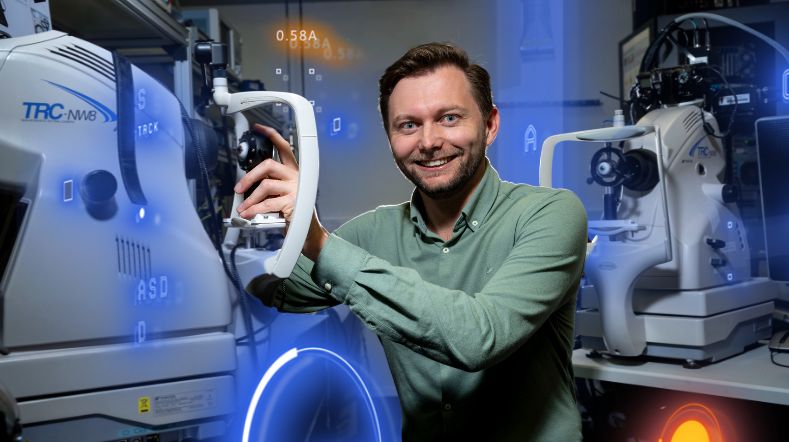
Chris van der Ploeg is working on safer self-driving cars
How can self-driving cars learn to understand themselves and their surroundings at least as well as humans do? This is what medior scientist specialist Chris van der Ploeg is researching at TNO. His research into the use of AI helps make vehicles safer. Chris is one of the nominees for TNO’s Young Excellent Researcher award.
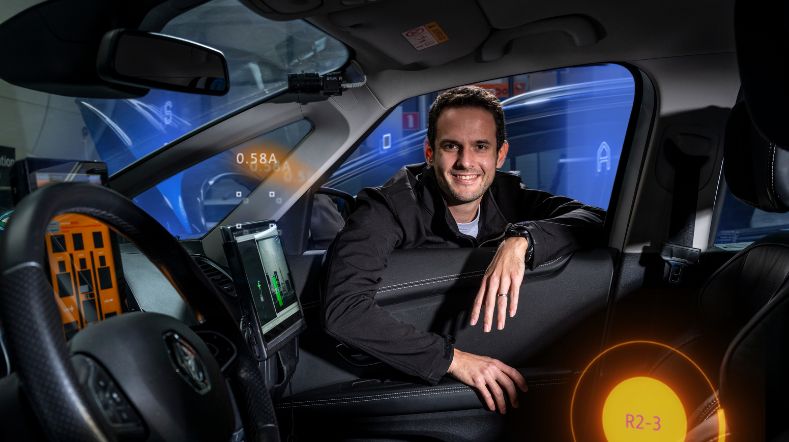
Milad Golkaram works on biodegradable plastic
Plastic is long-lasting, versatile, and inexpensive to produce. Unfortunately, it is also often bad for the environment. A team of talented researchers has created an AI model that makes developing a new biodegradable plastic a lot easier. Meet Milad Golkaram, one of the key researchers and nominee for TNO’s Young Excellent Researcher award.
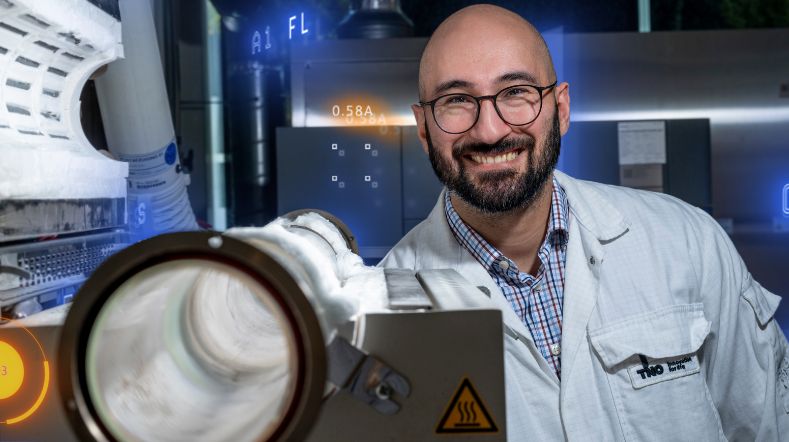
Get inspired
TNO in the media 2025
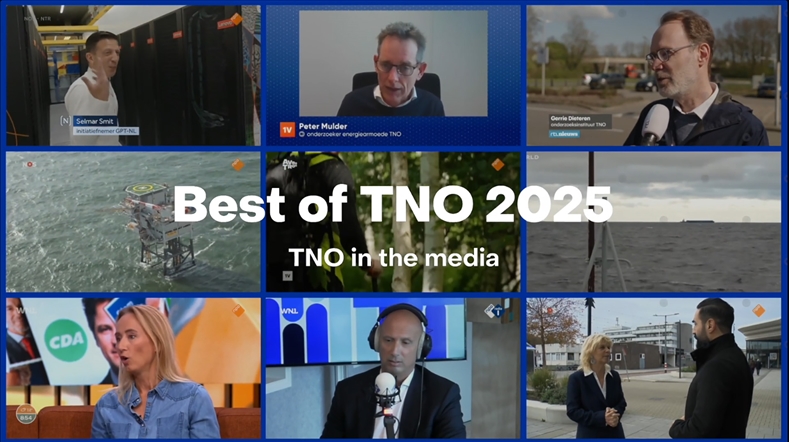

Assuring Digital Identity

From reactive to proactive: How organisations gain control over GenAI governance
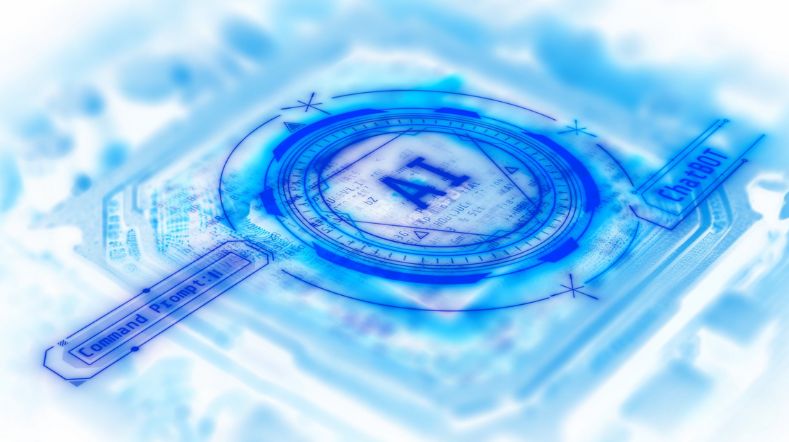

Christa Hooijer appointed as Chief Scientist of TNO

Province Noord-Brabant, TNO and partners join forces on cybersecurity
